Innocence most often is a good fortune and not a virtue
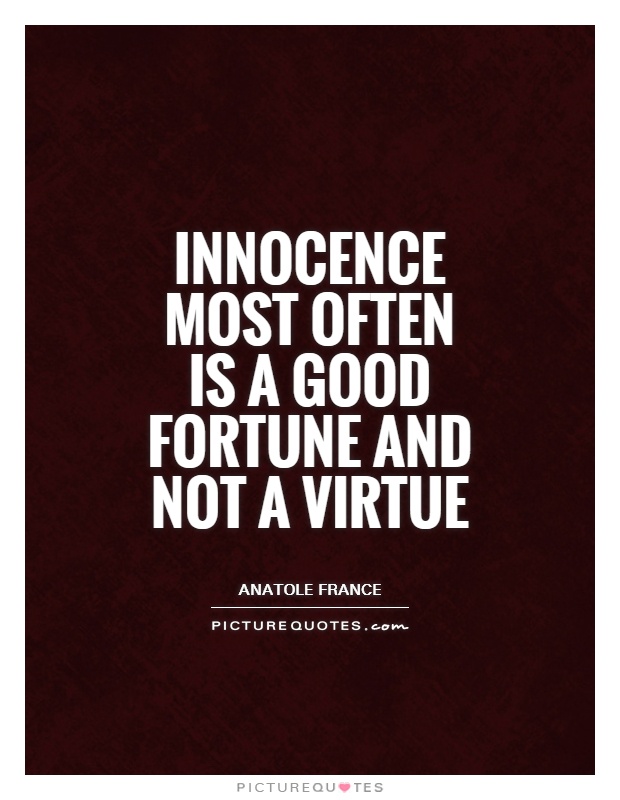
Innocence most often is a good fortune and not a virtue
Anatole France, a French poet, journalist, and novelist, was known for his satirical and critical views on society and human nature. In his works, he often explored the concept of innocence and its role in shaping individuals and society as a whole. One of his famous quotes, "Innocence most often is a good fortune and not a virtue," reflects his belief that innocence is not necessarily a moral quality but rather a fortunate state of being.France's perspective on innocence can be seen in many of his works, where he portrays characters who are naive and unaware of the complexities of the world around them. In his novel "Thaïs," for example, he tells the story of a young monk who is seduced by a beautiful courtesan, only to realize the emptiness of his former life of piety and asceticism. The monk's innocence is portrayed as a hindrance to his understanding of human nature and the complexities of desire and temptation.
Similarly, in "The Crime of Sylvestre Bonnard," France explores the theme of innocence through the character of a naive and idealistic scholar who becomes obsessed with a young woman he believes to be the reincarnation of a medieval queen. Bonnard's innocence blinds him to the reality of the situation, leading to his downfall and eventual disillusionment.
France's portrayal of innocence as a good fortune rather than a virtue suggests that being unaware of the darker aspects of human nature can sometimes be a blessing. Innocence allows individuals to see the world through a lens of purity and optimism, shielding them from the harsh realities of life. However, France also warns that innocence can be a double-edged sword, as it can lead to naivety and vulnerability to manipulation and deceit.
Overall, Anatole France's exploration of innocence in his works challenges traditional notions of virtue and morality. He suggests that innocence is not always a conscious choice or a moral quality but rather a fortunate state of being that can both protect and hinder individuals in their interactions with the world.
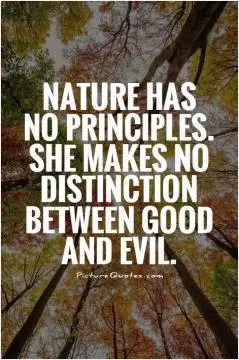

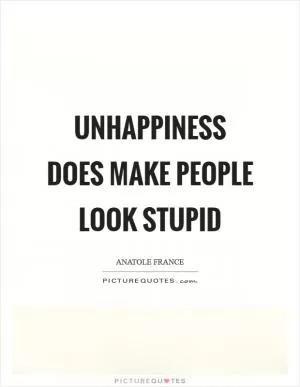
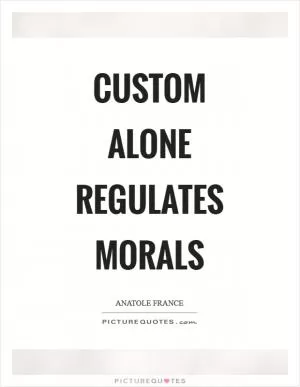
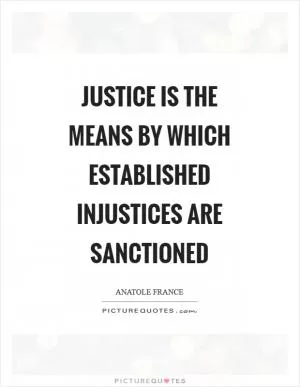
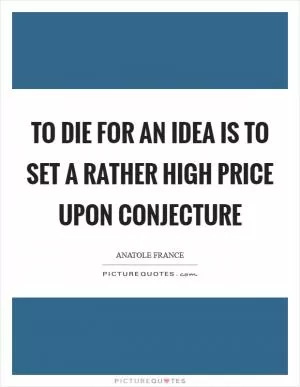
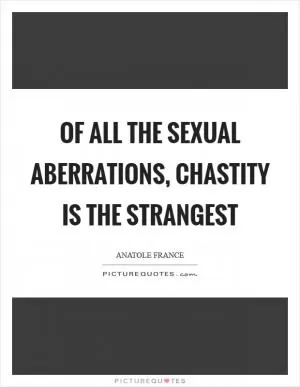
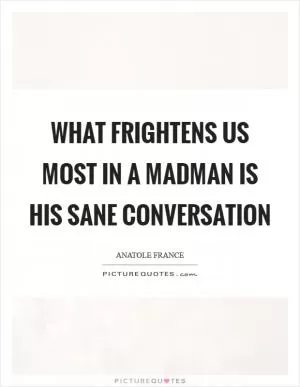
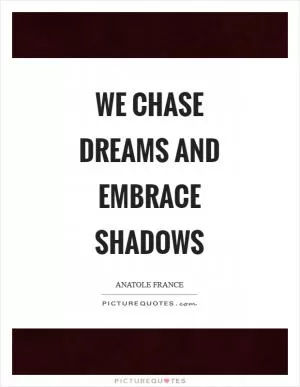

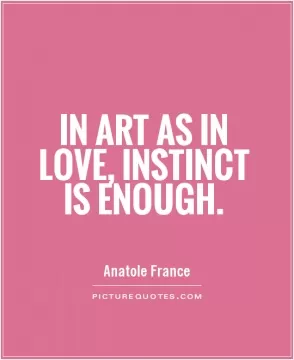
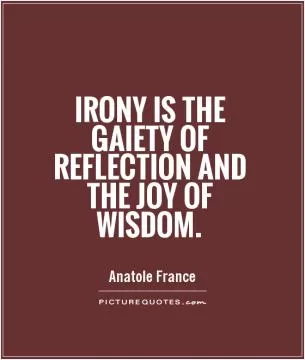
 Friendship Quotes
Friendship Quotes Love Quotes
Love Quotes Life Quotes
Life Quotes Funny Quotes
Funny Quotes Motivational Quotes
Motivational Quotes Inspirational Quotes
Inspirational Quotes